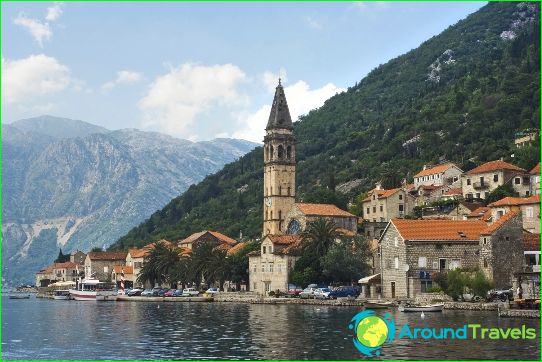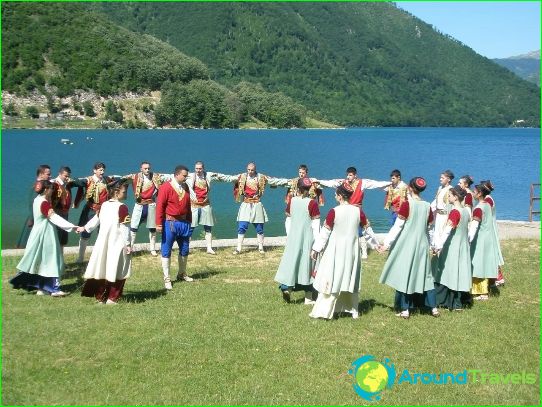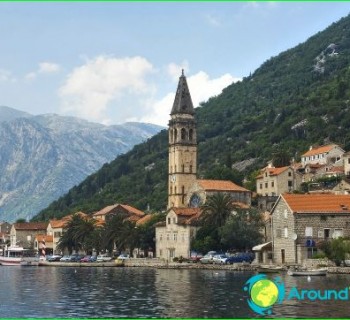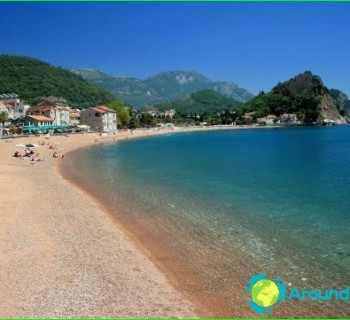Culture of Montenegro
This state is located in the Balkans, surrounded by neighboring countries, which were once republics of a single federation. Therefore, in the culture of Montenegro, you can find customs and characteristics similar to Bosnian or Croatian. The cuisine and national costumes, holidays and music of the Balkan countries also have a lot in common, and the language barrier for the inhabitants of Russia when traveling in Montenegro looks very conditional.
Precious vessel
This is the kind of comparison that comes to mind for art historians studying the culture of Montenegro. Over the centuries, the country developed its own traditions, its inhabitants were engaged in various types of folk art, composed music, wrote books and created magnificent architectural masterpieces..
Even in the days of ancient people, the first settlements existed on the territory of today's Montenegro, and the historical treasures found by archaeologists suggest that society was already creating the first cultural masterpieces. Ceramic vessels with stucco or painted ornaments, architectural fragments of ancient basilicas and carvings of preserved architectural landmarks in the first Slavic settlements are examples of a vibrant and distinctive culture that emerged at the foot of the Black Mountain at the beginning of a new era.
The center of the medieval flourishing of the culture of Montenegro was the city of Kotor, the historical center of which was taken under the protection of UNESCO and included in the lists of the World Cultural Heritage.
Temples and their meaning
The influence of Byzantium affected the development of the culture of Montenegro in a special way: Orthodox churches began to be built on its territory, of which there are several hundred today. The most important preserved sights of Montenegro become the object of close attention of numerous guests of the country:
- Cathedral of St. Tripun in Kotor, the cross vaults of which were erected in the distant XII century.
- Monastery church in Morac, built in the 13th century.
- Frescoes of the church built in the XI century in Ston in honor of St. Michael.
- 15th century churches in Swaca, built in accordance with the Romanesque style, but with some Gothic elements, giving the buildings a special solemnity and severity.
Literary monuments
The earliest handwritten literary masterpieces known today appeared on the territory of modern Montenegro already in the 10th century. Then, five hundred years later, books began to be printed, and the first such work was the Psalter. Hundreds of medieval manuscripts are kept in the monasteries of the country, which are an important part of the culture of Montenegro..




